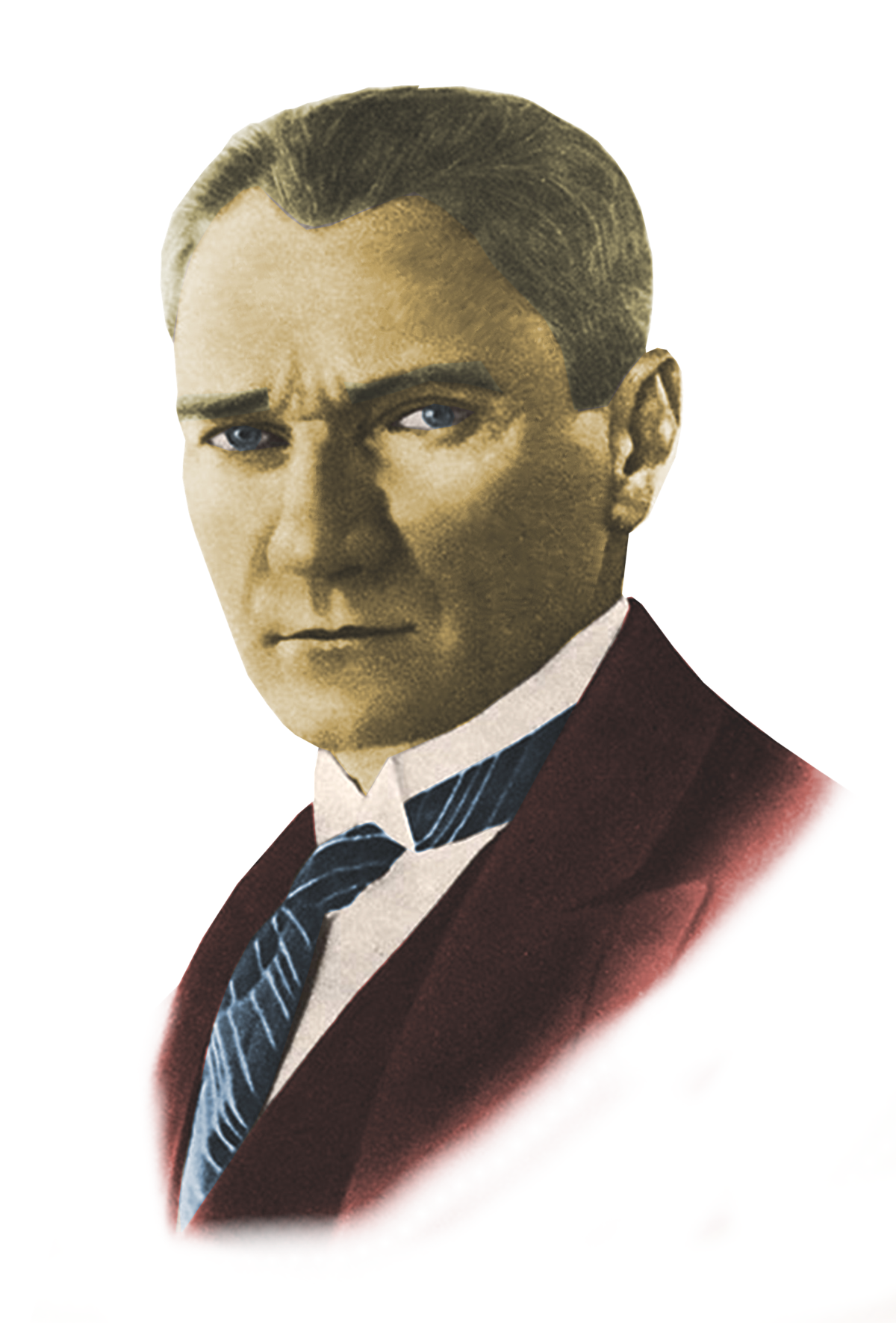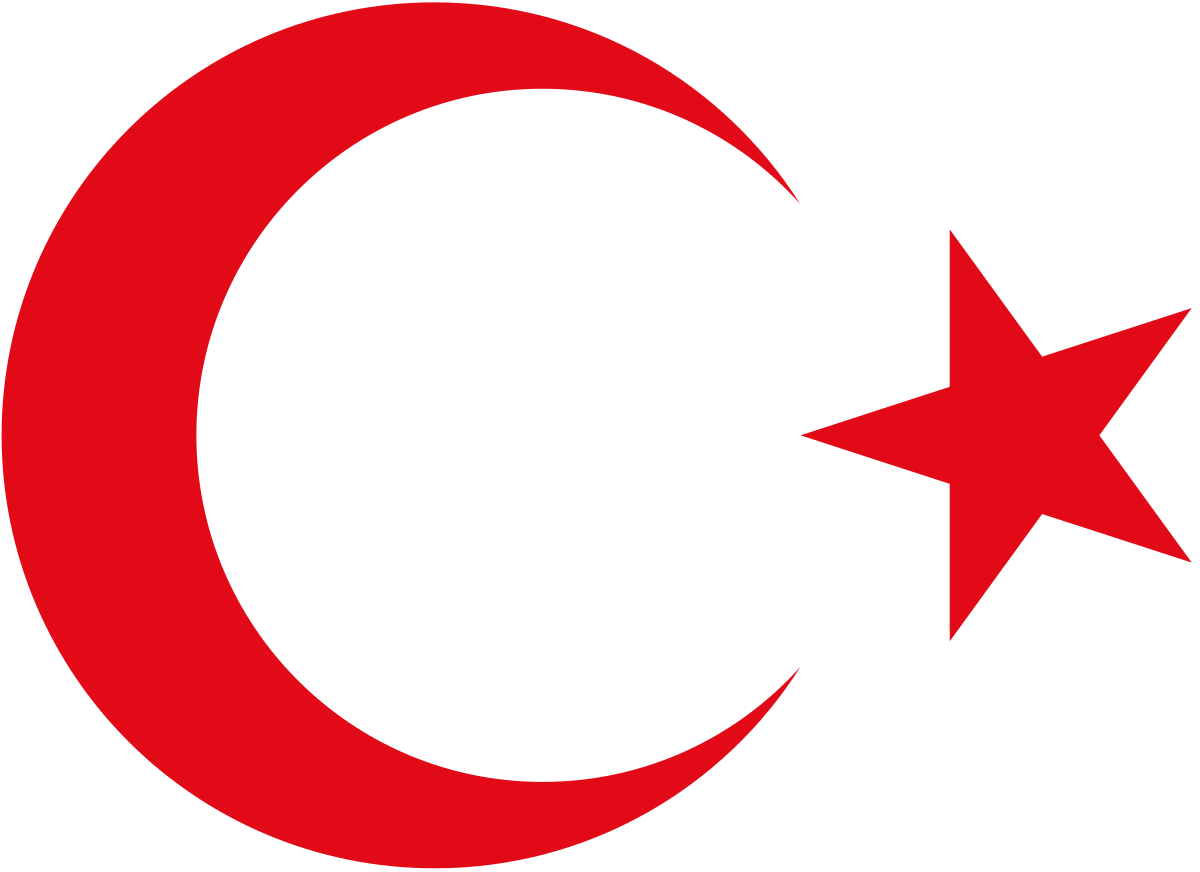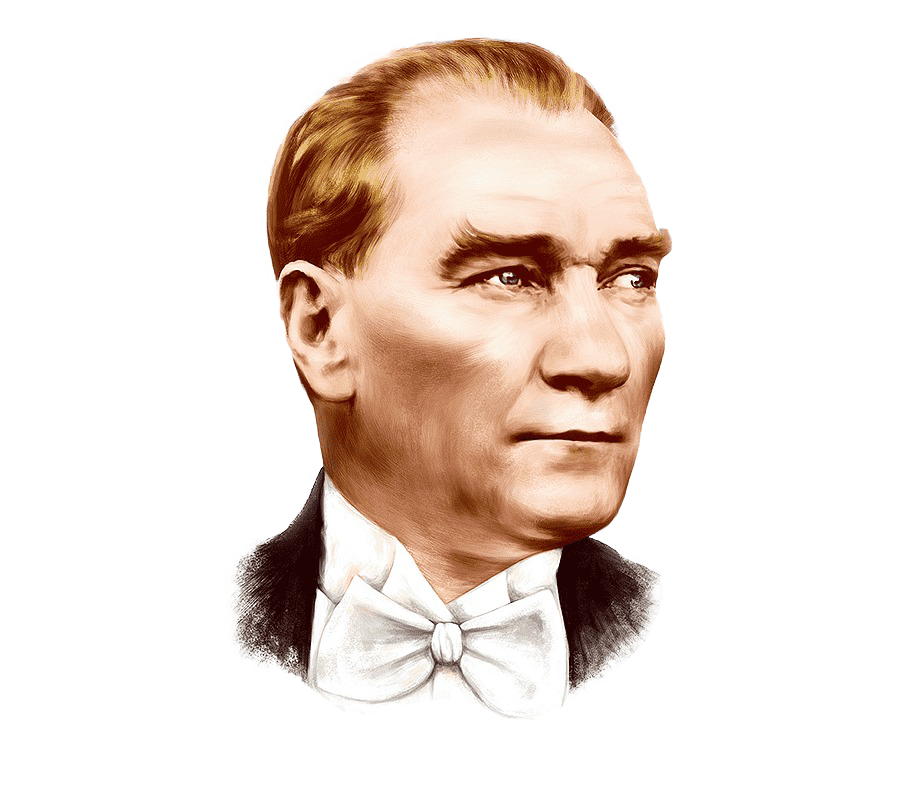Mustafa Kemal Atatürk (1881-1938) was a Turkish revolutionary and statesman. He was born in Thessaloniki in 1881. After receiving military education, he graduated from the Ottoman Military Academy and served in various regions of the Ottoman Empire.
Following the aftermath of World War I and the collapse of the Ottoman Empire, Atatürk played a crucial role during the period of its decline and occupation. In 1919, he landed in Samsun, initiating the Turkish War of Independence. He organized the national resistance movement in Anatolia, rallying the Turkish people together as a united front. In 1923, he became the first President of the newly established Republic of Turkey.
Atatürk embarked on a comprehensive modernization and Westernization program for the country. He instituted the separation of religion and state, granted women the right to vote and hold public office, and enacted reforms in education and healthcare. He transformed the Turkish script from the Arabic alphabet to the Latin alphabet, modernizing the writing system.
His efforts were concentrated on strengthening national unity and fostering a modern Turkish identity. Atatürk implemented policies to promote industrialization and economic development. He passed away on November 10, 1938.
Mustafa Kemal Atatürk is remembered for his leadership in modernizing Turkey and securing its independence. His ideas continue to hold significant importance for the Turkish people.



